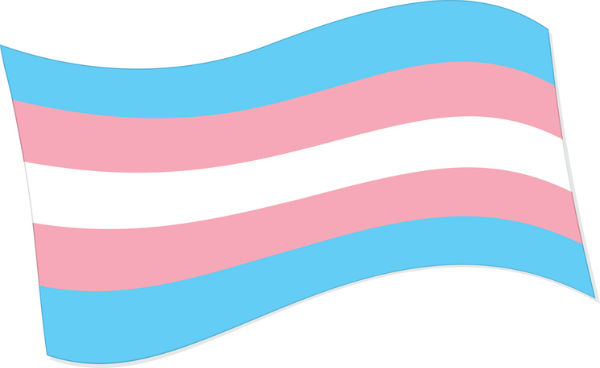Editors’ Note: The following blog post originally appeared on Time.com.

The New York Times reports that the Trump Administration, via the Department of Health and Human Services (HHS), is circulating a memo that seeks to define gender “on a basis that is clear, grounded in science, objective and administrable.” This definition, to potentially apply throughout several federal government agencies, states: “The sex listed on a person’s birth certificate, as originally issued, shall constitute definitive proof of a person’s sex unless rebutted by reliable genetic evidence.” Whatever else one might believe about this definition and its goals, it is not grounded in science. It conflates gender and sex, and it does not define either in a way that is consistent with medical norms. But far worse, the definition would deny the existence of transgender people, in glaring contrast to the broad consensus of the medical and scientific communities — and could inspire even greater threats to the health of transgender people.
The American Academy of Pediatrics, the American Medical Association, the American Psychiatric Association and many others all called for an end to discrimination against those whose gender does not match the sex assigned to them at birth. Those calls reflect an important recognition of the human rights of transgender people, and the importance of this cannot be overstated. It is time that people stop attempting to use the language of science to diminish people’s lived experience.
Science, based on careful observations of data, demonstrates that many people can’t be defined in simple terms. Biology does not provide black-and-white distinctions between the sexes; the world contains many natural variations. Babies are born with a wide range of differences in chromosomes, genitalia and hormonal influences. These variations are observed by obstetricians, pediatricians, surgeons, psychiatrists and other practitioners on a daily basis. What science shows us is that sex cannot be defined by genes or genitals, and is not as simple a concept as the proposed HHS definition pretends.
Nor do genes or genitals define gender, a complex concept that includes behavior, cultural norms and a person’s own understanding of who they are. For instance, most transgender individuals do not have genetic mutations or hormone resistance, and so attempts to categorize their experiences based on molecules and genes are simplistic and misguided. The assertion that genitalia determine gender identity is neither scientific nor accurate.
As scientists and doctors, we believe the Trump Administration’s attempt to redefine sex and gender in an inaccurate way would only serve to support discrimination. In day-to-day interactions, including those with the government, people should not be judged by our birth certificates, genetic makeup or our genitals. For no other facet of a person’s identity is someone subjected to genetic testing or physical exam to ensure so-called “authenticity.” Writing such a requirement into federal regulations would set a highly dangerous precedent, not only for trans people, but for anyone wishing to maintain privacy over their medical information — a protection that has been central to medical practice.
There is also the danger that such a definition will exacerbate a current public health crisis. Transgender people suffer significantly worse health outcomes relative to otherwise similar people. They experience a lifetime suicide-attempt rate of 40%, driven by pervasive experiences of discrimination, according to the 2015 U.S. Transgender Survey. Many health conditions, from asthma to diabetes, are also more prevalent in the trans community. And transgender people have historically avoided seeking necessary medical services because of a validated fear of mistreatment in health settings.
If HHS excludes transgender people from its definition of gender and sex, this will likely widen the gap of mistrust between trans communities and medical services, and it may undermine insurance reimbursement for their health care. That will compound the already significant health disparities transgender people face.
It seems clear now, though, that the people proposing this change don’t care about the pain they could cause. Facts and science are the last things that HHS is promoting with this discriminatory proposal.

